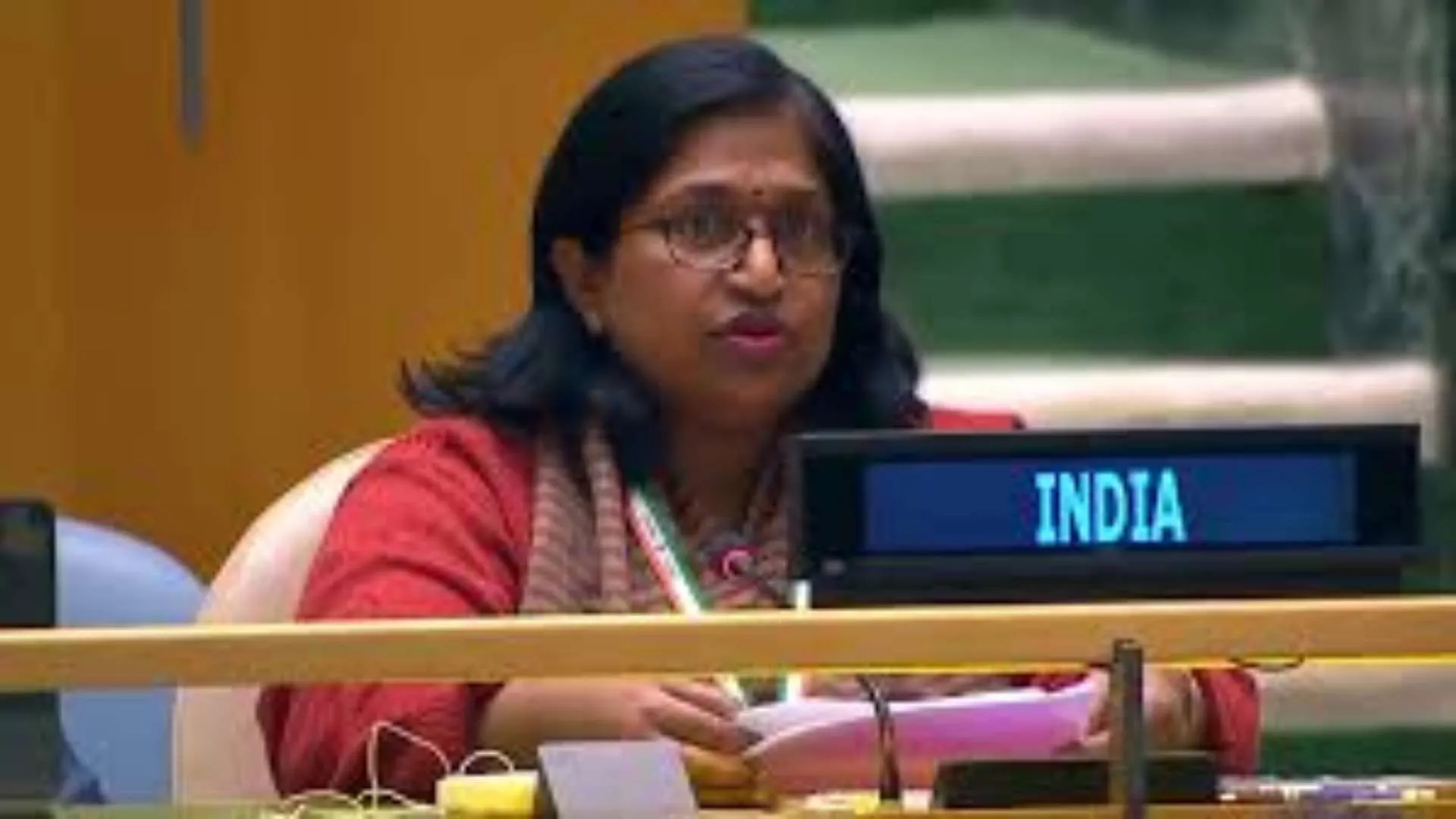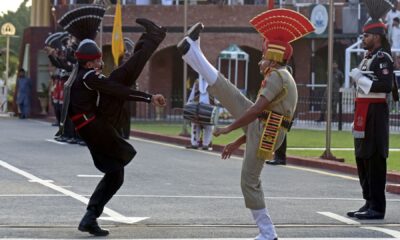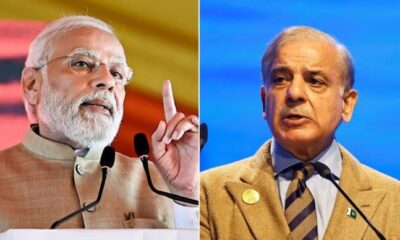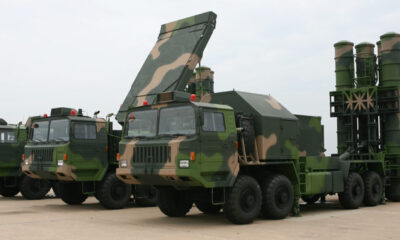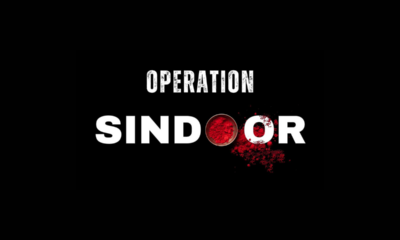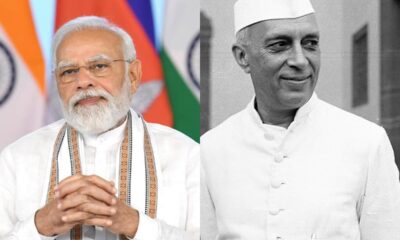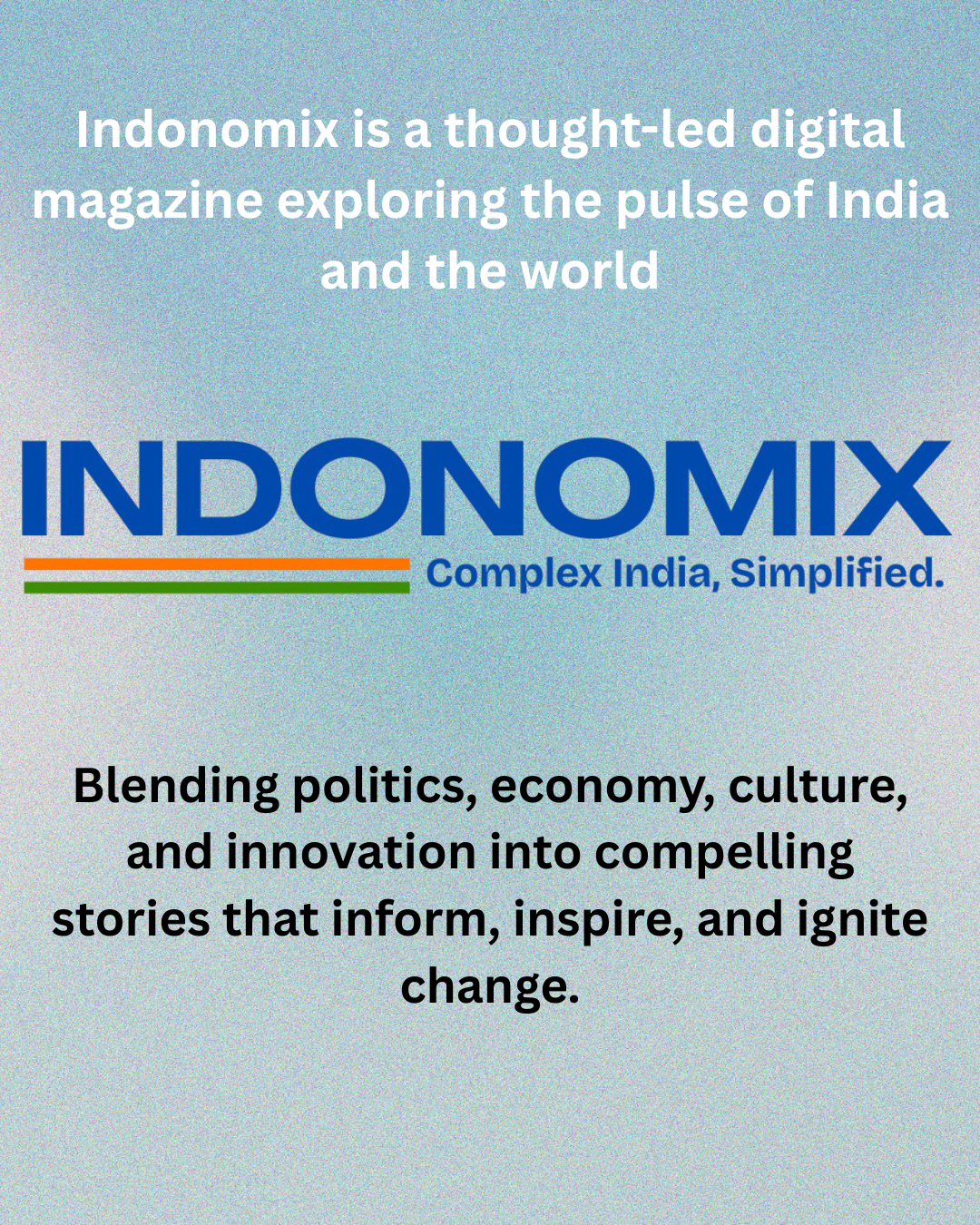In a dramatic escalation at the United Nations, India has forcefully labelled Pakistan a “rogue state fuelling global terrorism”, citing an extraordinary admission from Pakistan’s own Defence Minister. The development comes amid soaring tensions between the two nuclear-armed neighbors following the devastating Pahalgam terror attack that killed 26 tourists on April 22.
At the launch event of the Victims of Terrorism Association Network (VOTAN) at the UN, India’s Deputy Permanent Representative, Ambassador Yojna Patel, directly confronted Pakistan’s record. Citing a televised confession by Pakistan’s Defence Minister Khawaja Asif—where he admitted to decades of state-sponsored support for terrorist organizations—Patel left no room for ambiguity.
“The whole world has heard Pakistan’s Defence Minister Khawaja Asif admitting and confessing Pakistan’s history of supporting, training, and funding terrorist organisations… Pakistan today stands exposed as a rogue state fuelling global terrorism,” she said.
The Confession That Changed the Game
Khawaja Asif’s comments, made during a national television interview, shocked observers worldwide. He openly acknowledged what India has long alleged: Pakistan’s involvement in cultivating terror groups, sometimes at the behest of Western powers during Cold War politics, and later as instruments of regional strategy.
While Pakistan’s establishment tried to downplay the remarks, the damage was done. India’s swift diplomatic offensive ensured that Asif’s confession was officially placed on UN records, making it an enduring part of Pakistan’s international profile.
Pahalgam Attack: A Tipping Point
The confession came in the aftermath of the gruesome April 22 terror attack in Kashmir’s Pahalgam region, where militants opened fire on tourist buses, killing 26 civilians, many of them women and children. India blamed Pakistan-based terror outfits for orchestrating the attack—a charge Pakistan denies.
However, with Asif’s admission in public domain, India’s case gained undeniable moral and diplomatic heft.
Strategic Fallout: Treaty Suspensions and Diplomatic Isolation
In the days following the confession and the Pahalgam attack:
- India suspended the Indus Waters Treaty, signaling a dramatic re-evaluation of its engagement with Pakistan.
- New Delhi expelled senior Pakistani diplomats and shut down the Wagah border crossing.
- Small-arms exchanges have flared along the Line of Control (LoC) for four consecutive nights, prompting international calls for de-escalation.
Global Reaction: Cautious but Watchful
While China urged restraint on both sides, the United States called for a diplomatic resolution but stopped short of criticizing India’s actions. Behind closed doors, several Western capitals are reportedly reviewing their strategic assumptions about Pakistan.
“The world can no longer turn a blind eye,” Patel said at the UN, urging a recalibration of global engagement with Islamabad.
India’s Assertive New Diplomacy
This episode marks another chapter in India’s increasingly assertive foreign policy: a departure from reactive diplomacy to proactive narrative-setting.
By locking Pakistan’s admission into the UN’s formal records, India has dramatically reduced Islamabad’s space to maneuver diplomatically. Pakistan’s decades of denial have been punctured—not by external accusations but by internal confession.
What Lies Ahead?
- For Pakistan: Increased diplomatic isolation, growing pressure from international forums, and a weakened negotiating position on global platforms.
- For India: Enhanced credibility, a stronger moral platform at the UN and other multilateral organizations, and greater leverage in shaping South Asia’s security discourse.
As the two nations stand at another crossroads, the world watches closely. Yet one thing is certain: Pakistan’s narrative has been fundamentally altered, and India has made sure the world will not forget.

 Culture & Society2 months ago
Culture & Society2 months ago
 Culture & Society2 months ago
Culture & Society2 months ago
 Tech2 months ago
Tech2 months ago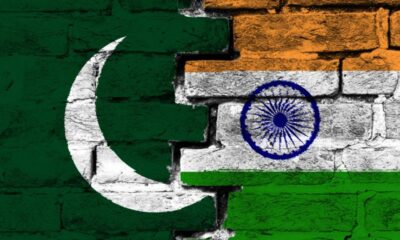
 Opinion2 months ago
Opinion2 months ago
 Business2 months ago
Business2 months ago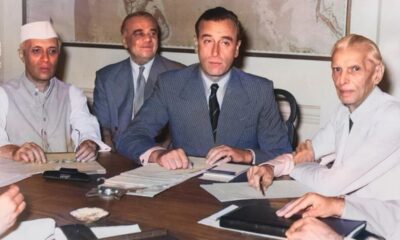
 Culture & Society2 months ago
Culture & Society2 months ago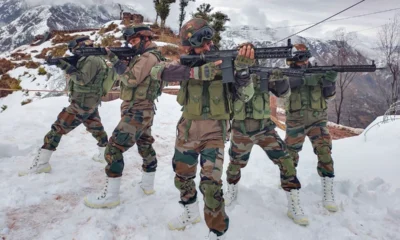
 Culture & Society2 months ago
Culture & Society2 months ago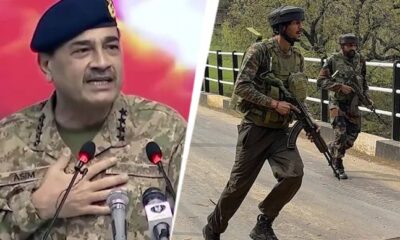
 iNational Indic2 months ago
iNational Indic2 months ago
